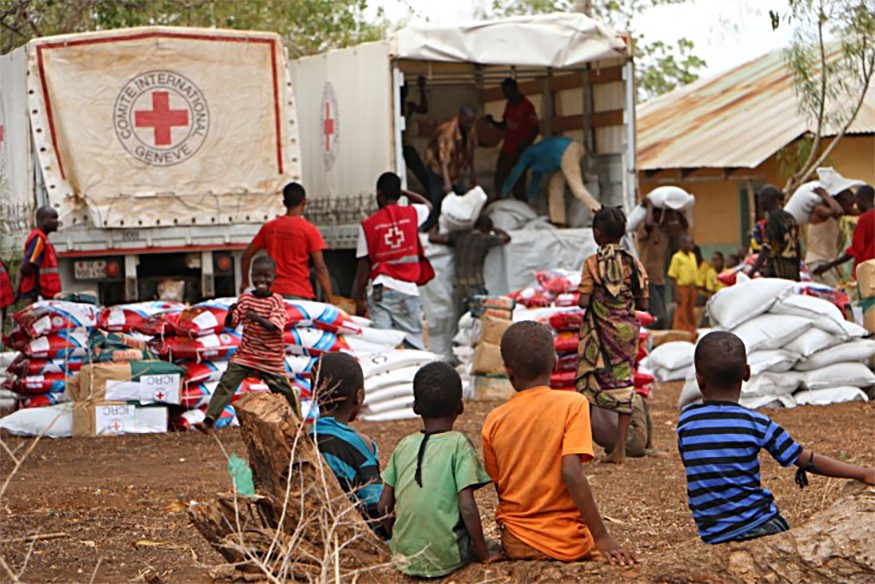The Current Situation
- Approximately 3.5 million people are in need of humanitarian assistance, of whom more than 360,000 are on the verge of famine. In Kenya’s largest county, Marsabit, 20 percent of the population is suffering from life-threatening hunger and malnutrition.
- The International Federation of the Red Cross estimates that approximately 755,000 children younger than 5 are acutely malnourished during 2022.
- For people in eastern and northern Kenya, the area known as the Arid and Semi-Arid Lands (ASAL), this is the third consecutive year that rainfall during the expected rainy season has largely failed to materialize. The drought situation is critical, likely the worst of the past 40 years. In addition to much lower food production, the drought has caused widespread livestock deaths, sharp declines in purchasing power, and other damage.
- Another cause of reduced production of food is a widespread, ongoing outbreak of the African fall armyworm. And in 2021, people endured an infestation of desert locusts, which destroyed significant amounts of crops in the fields.
Humanitarian Response
- In hunger emergencies, the most important goal is to reach everyone in need with life-saving food and nutrition services.
- Kenya’s 2022 humanitarian needs of $250.5 million were about 17 percent funded as of July.
- Two other key areas of focus are:
Supporting national social protection systems, such as Kenya’s Hunger Safety Net Programme. This will help ensure that vulnerable groups of people are identified and provided with the assistance they need. Strong social protection systems will also help minimize the toll in human lives and health of future droughts, infestations of pests, and other disasters.
Protecting the livelihoods of farmers, pastoralists, and others affected by the drought. The ability of farmers and pastoralists to return to work is key to resuming seasonal food production as soon as possible. Aid is provided for programs and actions that will enable people to begin providing for themselves again. Some examples might include repairing water points and feeder roads, distributing seeds and fertilizer, and subsidizing fees for hours of tractor rental or irrigation services.
The Causes:
- Climate change impacts
- Spiking prices of basic foods
Bread for the World’s Connection to Hunger Hotspots:
Bread’s ongoing advocacy for robust humanitarian food and nutrition assistance is essential to an effective response to the hunger crisis in Kenya. Bread for the World members are longtime faithful advocates for people in hunger emergencies and have already helped to win additional humanitarian funding for 2022. This is part of Bread’s efforts to persuade Congress to allocate funds that save lives, prevent irreparable harm from early childhood malnutrition, and ease suffering. Bread members also champion U.S. development assistance, which helps prevent hunger emergencies by enabling and equipping people to build resilient communities.
Deepen your understanding of hunger’s causes and solutions – join our Institute Insights community and receive free, research-based articles like this one straight to your inbox.



